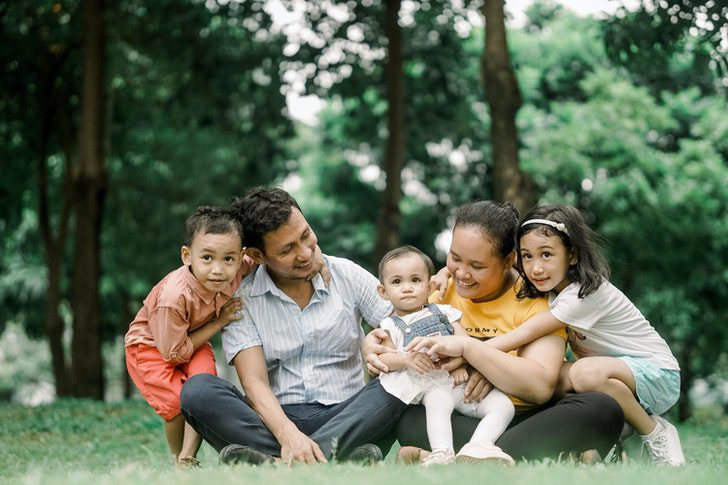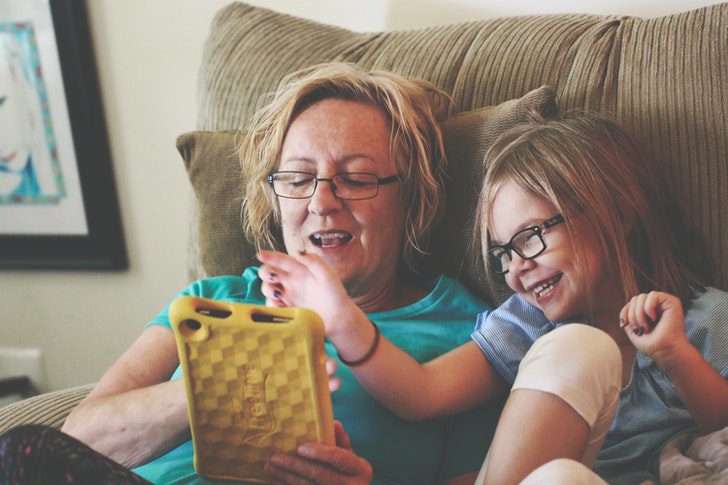We all live busy, stressful lives and have endless concerns as parents, but it is clear that one of the most important things we need to do is to stop and give our kids a big loving squeeze. Research over the past decade highlights the link between parental affection in childhood and health and happiness in the future.
Science supports the idea that warmth and affection expressed by parents to their children results in life-long positive outcomes for those children; the leading nonprofit research organization in the United States focused on improving the lives and prospects of children, youth, and their families.

Medical science has also proven that physical touch has a direct effect on the human body and mind because the positive or “good touch” triggers the release of the positive hormone Oxytocin, which releases feelings of emotional attachment and strong bonding between parent and child. On the flip side, researchers have been discovering how emphasizing skin-to-skin contact between baby and parent can be a boon to both and how consistent emotional engagement with infants can speed their development and recognition of self.
So, even if your child’s primary love language is not physical touch, it is still important to incorporate this type of attention into a child’s life, as they allow. Every child is different and will have different needs and comfort levels. As you make positive touch an intentional part of your day, always pay attention to your child’s reaction. Don’t force it. The benefits we talk about here can only happen when your interaction with your child is positive, loving, and comfortable.
Create parent-child rituals

If you have more than one child, try to make a point of spending individual time with each of them. Quality, one-on-one time with your child can strengthen the parent-child bond, build up your child’s self-esteem, and let them know that they are special and valued. Some parents schedule special “date nights” with their children to create that one-on-one opportunity; whether it’s a walk around the neighborhood, a trip to the playground, or just a movie at home, it’s important to celebrate each child individually.
Play Together
Play is so important to a child’s development. It is the tool through which children develop language skills, express emotions, foster creativity, and learn about social skills. Additionally, it is a fun way for you to strengthen your relationship with your child. It does not matter what you play. The key is to just enjoy each other and commit to giving your child your undivided attention.
Set boundaries, rules, and consequences

Children need structure and guidance as they grow and learn about the world around them. Talk to your children about what you expect of them and make sure they understand. When rules are broken, make sure to have age-appropriate consequences in place and be consistent with them. To learn more about age-appropriate consequences.
